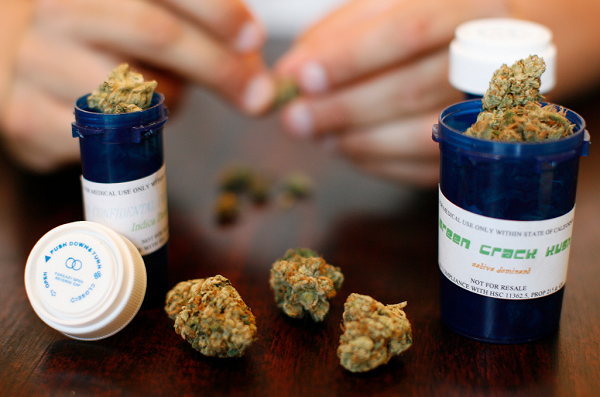Marijuana Research In Colorado: Health Department Grants $2.35M For Studies On Drug's Impact On Driving

Colorado’s Health Department announced Tuesday the state will provide $2.35 million for research on the effects of marijuana, with most of the money aiding in two studies analyzing the impact marijuana has on driving, Denver Post reported.
Research that compares driving impairment between heavy marijuana users and occasional consumers and a second study reviewing the effects dabbing — a method of marijuana consumption that involves highly potent cannabis extracts — has on driving and cognitive function are to receive $1.68 million in funding.
“This research will be invaluable in Colorado and across the country,” said Dr. Larry Wolk, executive director of Colorado Department of Public Health and Environment. “The findings will inform our public education efforts and give people additional information they need to make decisions about marijuana use.”
The grant will also be used to further research on studies regarding marijuana's impact on breast milk and how long traces of the plant stay in the milk of nursing mothers. Other research, including the effects of edible marijuana products, cardiovascular risks associated with marijuana use in people suffering from heart diseases and the effects of cannabis in older adults will also be conducted thanks to the funding. Another “analysis of data from before and after implementation of recreational marijuana in Colorado” conducted by a Colorado State University professor will also be funded by the grant.
Millions in grant money from Colorado to fund studies on marijuana driving impairment, other subjects https://t.co/snbyKZjEm1
— Denver7 News (@DenverChannel) December 13, 2016
Colorado’s Gov. John Hickenlooper in June approved roughly $9 million in funding to be released in the next five years to help fuel more research on various kinds of marijuana products adults are currently using in the state.
“Our intent is to be rigorous scientifically, but also to act with some expediency because these are products that a large percentage of our population is using today,” Wolk said at the time. “We want to make sure that what’s happening out there in everyday practice isn’t harming people.”
Research regarding marijuana’s effects on driving comes at a crucial time as eight states recently approved marijuana legalization measures following the 2016 election. The results from the studies could be particularly useful in California where Assemblyman Tom Lackey recently introduced a bill that could allow police officers to perform roadside tests on drivers suspected to be under the influence of marijuana.
© Copyright IBTimes 2025. All rights reserved.






















